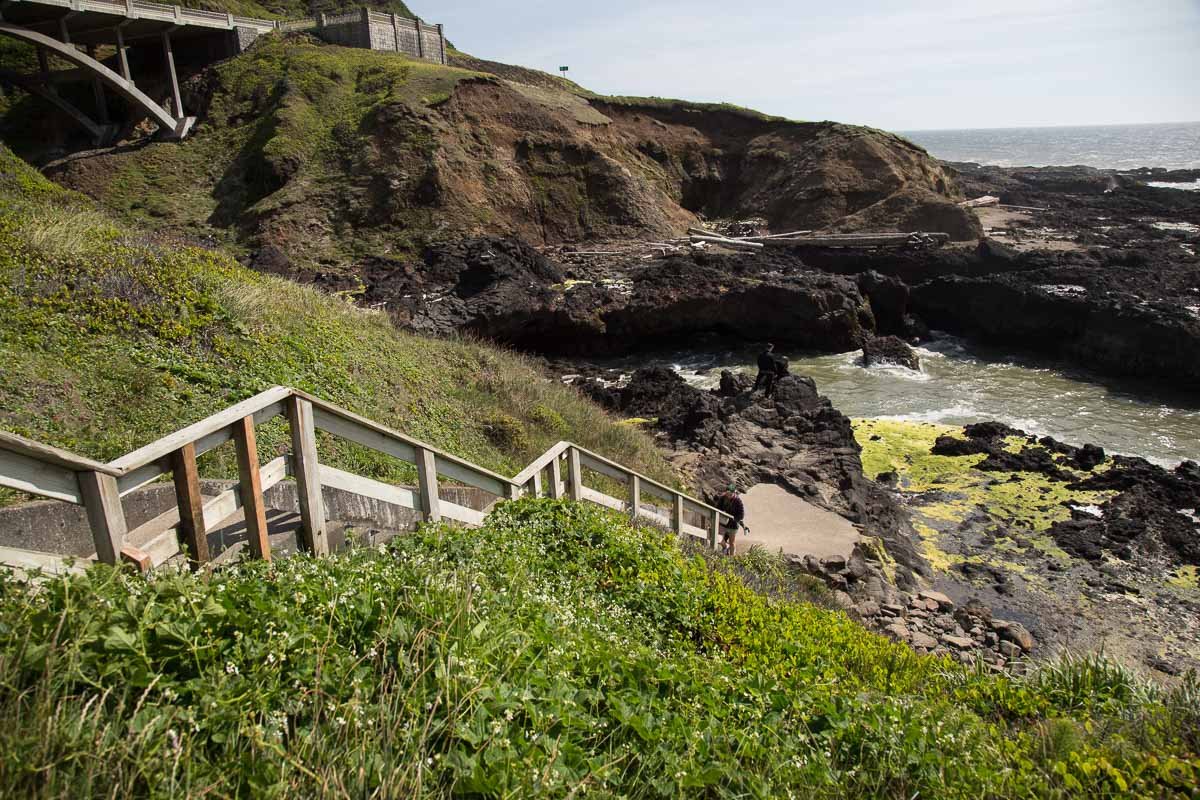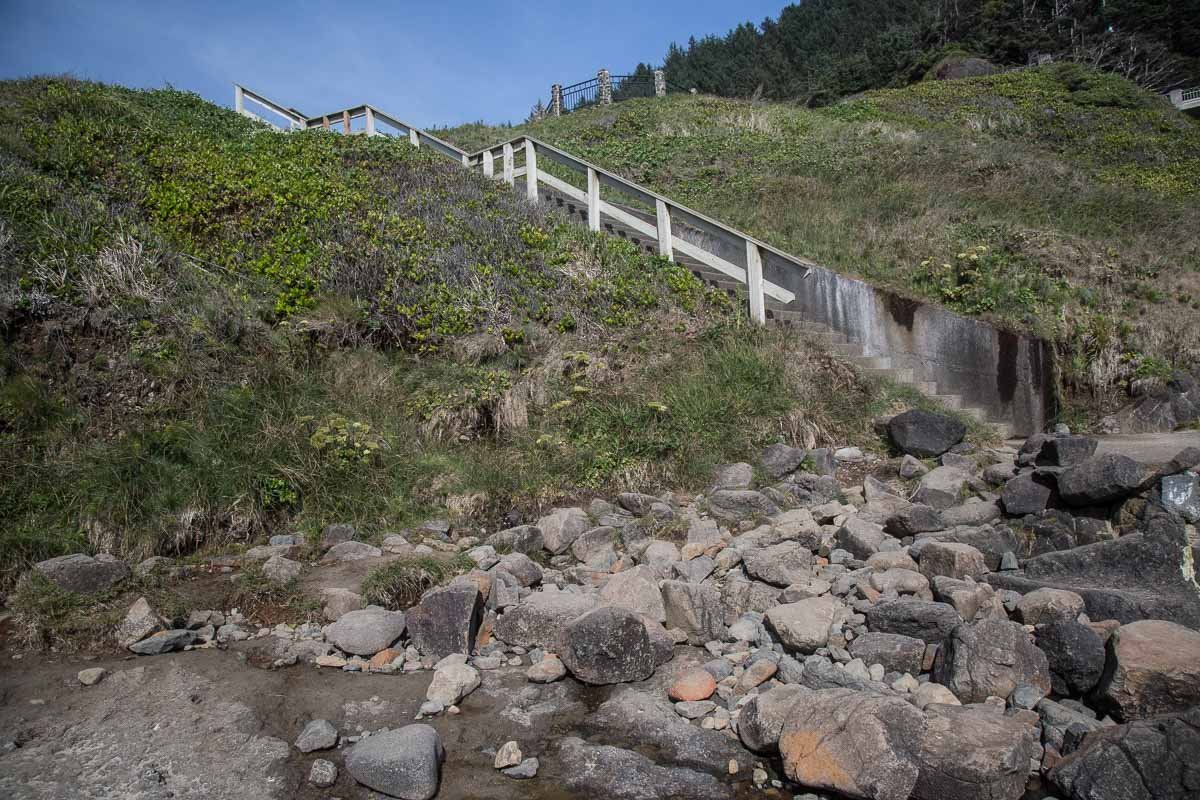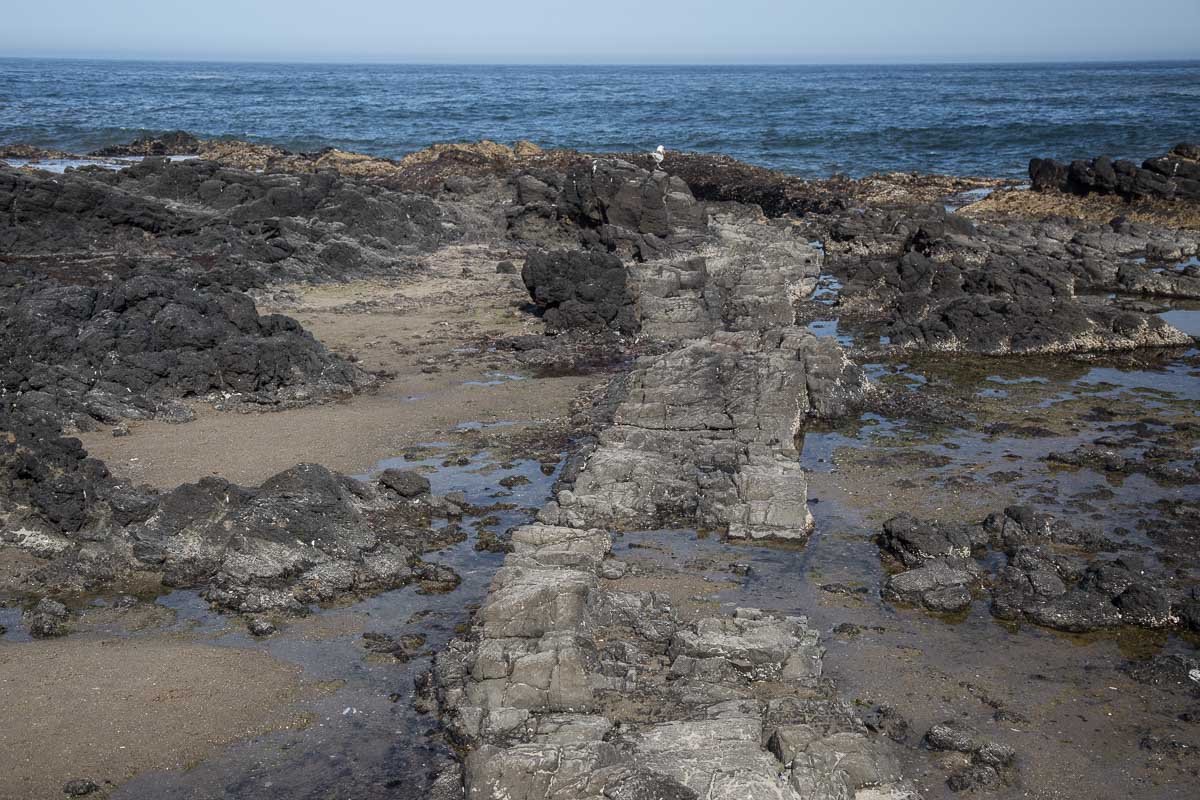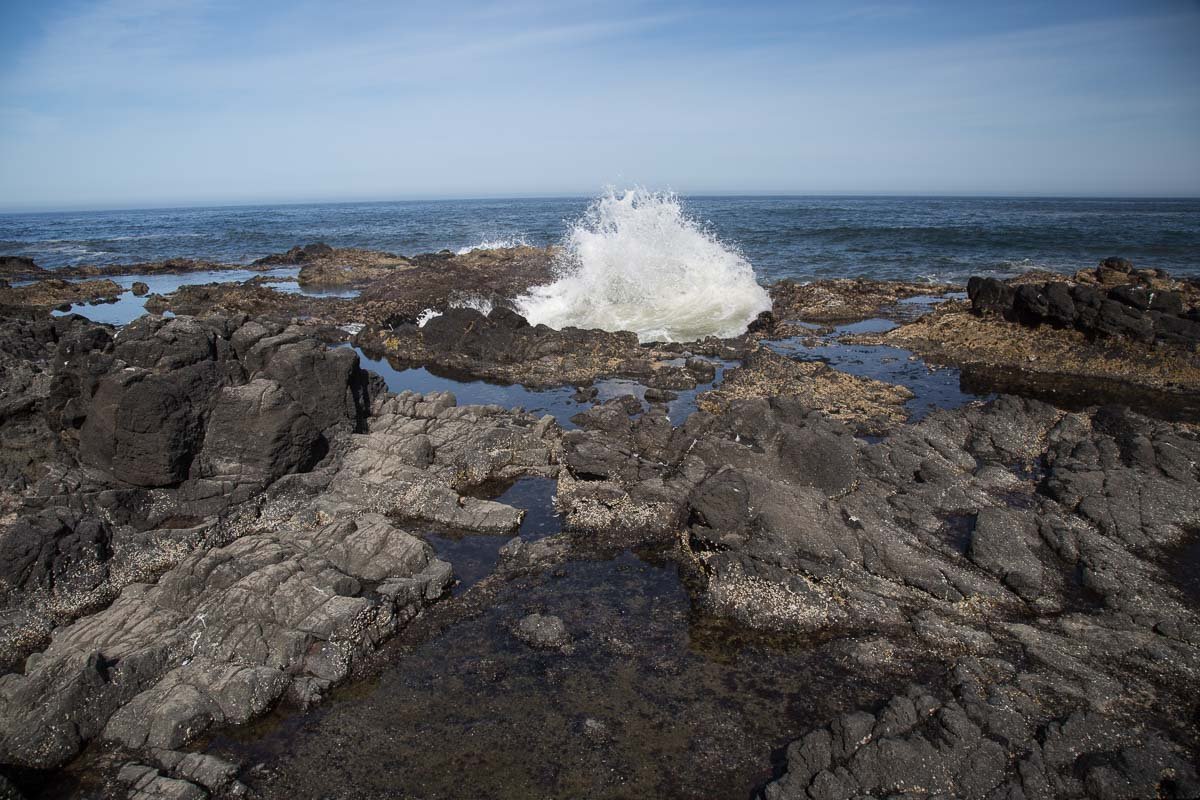Thor's Well
Central Oregon Coast
THOR'S WELL
A BRIEF SUMMARY OF THOR’S WELL
Thor's Well has a great allure to landscape photographers. The combination of raging sea and silky flow of the ocean into what looks like a passage to the underworld can make for great photograph. But at what cost…
The hole that is Thor’s Well is really a collapsed sea cave (about 12-15ft across) that sits near the edge of the sharp volcanic rock overlooking the Pacific Ocean. When the ocean tide is just right, the waves push up through the hole and covers the surrounding area. The waves are then swept back out these sea cave to the ocean. This can make for a great long-exposure (1/2 second is fine) photograph. To get a great shot, you have to be 8-10ft away from the hole during a time when the ocean is near high tide, which puts you in a very dicey position. This location can be extremely exciting, but can also be dangerous for both you and your equipment.
Images and location summary by Tim Wier
Annual Subscription
Lifetime Membership
DATA POINTS INCLUDED WITH THOR’S WELL SUMMARY
The hike from the parking lot to Thor’s Well is a modest ¼ mile downhill, but the circumstances around the shot ARE VERY DANGEROUS AND NOT FOR EVERYONE!
To make this shot work, you have to be standing very close to Thor’s Well when the ocean tide is rather high (about an hour before and after high tide). During this time, the waves will be crashing all around you and the jagged lava rocks you are standing on will be wet and slick—and you will be only about 10ft. from the hole. Being swept into the hole or the ocean is CERTAIN DEATH!
Again, THIS SHOT IS VERY DANGEROUS AND IS NOT FOR EVERYONE!
This shot is all about the tide level. If it is low, this is nothing but a hole in the basalt rock near the ocean. If the tide is too high, it’s EXTREMELY DANGERIOUS and the water is never sucked back through the hole. I have found the best time to be about an hour before and after high tide.
A shutter speed of ½ second is usually perfect for the silky flow into the hole and you normally want extended depth of field for this shot. I would setting your camera settings before moving your tripod near the hole. Keep in mind, there is a 75% chance you and your camera are going to get wet, so be prepared.
Always be on high alert for a rogue wave that can splash over the hole and on you and your camera.
The above shot was taken with a 24mm lens. Depending on the composition you are looking for, you can use a 16-35mm lens.
sea level Ft. Elevation
Other Resources Available with Membership
KMZ Trail File
Directions
Best Time of Day to Shoot
Best Time of Year to Shoot
Equipment Needed
Permits Required
Direction of Shot
Google Maps Birds-Eye-View
Number of Photographers to Expect
Cell Service
Overnight Lodging/Camping
Nearby Restaurants
Area Guides and Workshops
Other Resources














